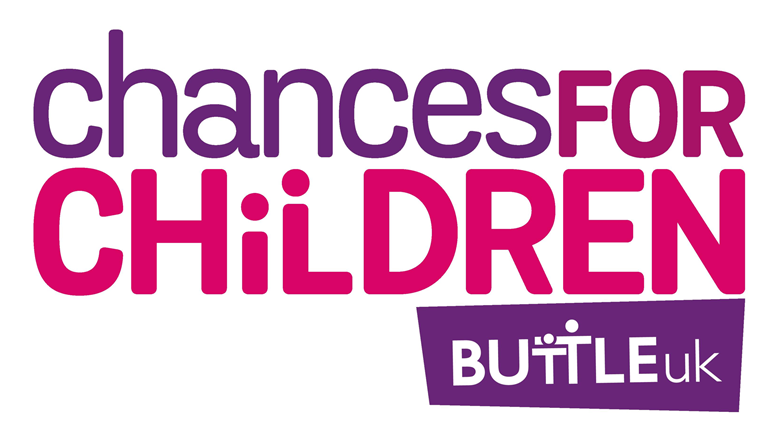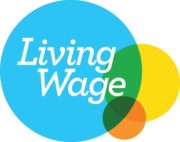Crisis Points Report
We have been working with nkm (Mayhew Harpers Associates Ltd), a leading research consultancy in administrative data, since February to analyse 10 years worth of data from our database. This represents 125,000 grant applications made to us from 10,000 referral agencies. In the process we have come to recognise just how unique and valuable this data really is.
The picture painted by the statistics we have gathered and analysed will, we believe, be both stark and concerning to those outside Buttle UK. It illustrates the many families and children currently at crisis point; people who have exhausted all other routes to help. Moreover, it also highlights those who are potentially falling under the radar, living in unreported poverty.
The main findings in the report are:
- Cities in the North of England, Midlands and Scotland, including Sheffield, Birmingham, Leeds, Glasgow and Bradford are home to the most vulnerable children and families in the UK, based on the volume of applications we have received.
- While revealing that Buttle UK’s distribution is largely in line with expected levels of need, critically it also identified gaps, indicating risks of ‘hidden poverty’. Some of these are based in unexpected areas such as Southern counties including Berkshire and Hampshire, as well as coastal areas.
- Over 62% of cases survive on less than £10,000 a year and that lone parents account for nearly two thirds of cases.
- Five principal drivers of family crisis have been established: parental inability to cope, children’s health and development problems, estrangement and isolation, child emotional and behavioural problems and abuse/neglect.
- Application numbers are consistently high during summer months, where we expect families are feeling the pressure of not having school support and free meals
As well as helping us to raise awareness of the circumstances that the families and young people live in, the analysis has provided us internally with our most comprehensive set of data to be able to allow us to focus our efforts on areas of unexpected crisis. However, we also hope it will become a useful tool for local authorities and other organisations to plan for and improve services.





